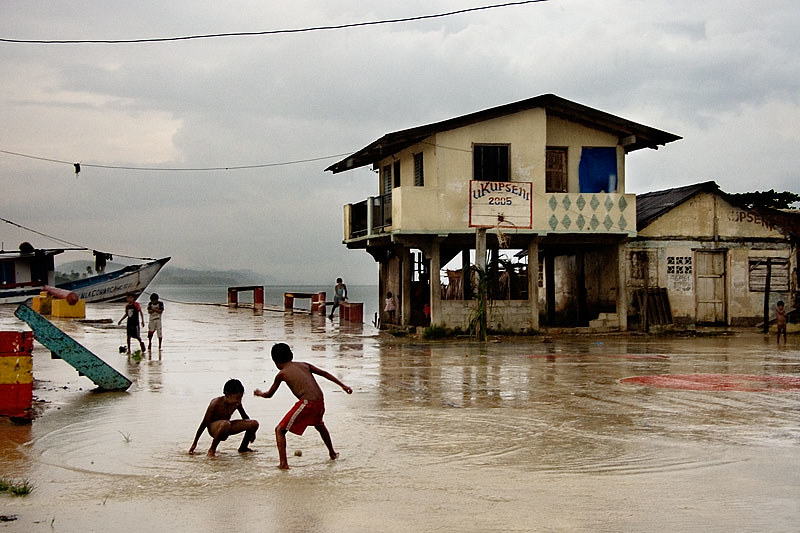Medellín, Colombia – “Regardless of progresses in poverty discount, inequality stays Panama’s Achilles’ heel,” said Luis Felipe López-Calva, International Director, Poverty Discount and Fairness Promotion International Apply on the World Financial institution, on X.
The worldwide monetary establishment on February 12 revealed a brand new report which discovered that Panama’s incapacity to cut back inequality persists regardless of the nation’s celebrated financial prosperity.
The report, “Panama: From Progress to Prosperity,” attributes the Central American nation’s increased charges of inequality to low ranges of human capital and poor job high quality that create outstanding financial disparities throughout the nation.
Additional, the research revealed that there are important inequalities within the labor market which are consultant of Panama’s ethnic and territorial divides.
Regardless of Panama’s classification as a high income country, it has been recognized as one of the unequal nations on the earth. With poverty in Indigenous areas (comarcas) reaching 15 occasions the speed of poverty in city areas at 76% in 2023, Panama’s wrestle to resolve the problem of financial imbalance stays a trigger for investigation.
The World Financial institution recognized three suggestions for Panamanian authorities to focus on the first causes of inequality and shut the nation’s wealth divide.
The primary suggestion is to advertise the closing of territorial and ethnic gaps by selling development alternatives in rural and Indigenous communities. The research famous that Indigenous populations residing in Panama’s rural comarcas have distinctly restricted entry to infrastructure and providers, which limits their entry to higher paying, higher-quality employment alternatives.
The second pillar promotes the advance of the standard of training nationwide and encourages the buildup of human capital from the earliest phases of childhood growth till tertiary training. Present academic practices, in keeping with the researchers, have to be reformed to make sure smoother and extra frequent transitions into the labor market.
The ultimate pillar requires higher family safety in opposition to pure hazards, to which Panama is extremely susceptible because the nation ranks 14th globally when it comes to publicity to a number of hazards like floods and cyclones. Poorer households which rely extra on climate-dependentsectors reminiscent of agriculture have much less capability to recuperate within the wake of pure disasters and, in keeping with the report, they usually lack the sources to successfully reply to shocks as a result of restricted protection of adaptive social safety packages.
In a February 13 press release, Oscar Calvo-González, Director of Equitable Progress, Finance and Establishments for Latin America and the Caribbean on the World Financial institution, said that if the Central American nation hopes to deal with inequality, it should “proceed investing in high quality training and coaching aligned with labor market calls for and promote insurance policies that can cut back territorial and ethnic gaps to attain sustained development that can profit all Panamanians.”
Featured picture credit score: San Blas, Panama by Guillermo A. Durán via Flickr, https://creativecommons.org/licenses/by-nc-nd/2.0/
